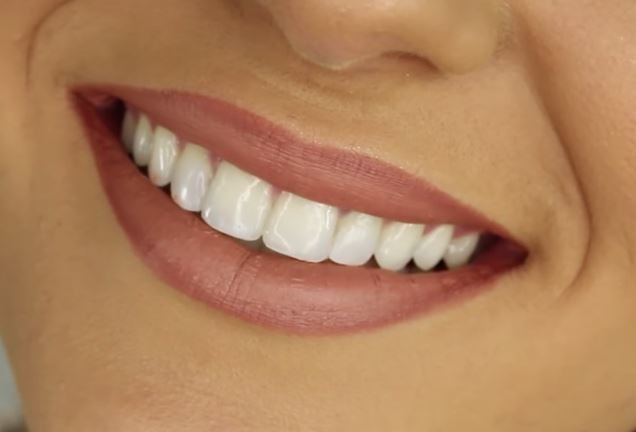It is perfectly normal to have questions about things we don’t understand in life. We have always been told that oral hygiene is important to keep our teeth and gums healthy and free from infection and decay. From regular brushing and flossing to visiting a dentist for dental exams, we are all aware of particular do’s and don’ts for our oral health. We also understand how undiagnosed and untreated oral diseases may ultimately result in adverse health conditions. But like so many other people, it is only natural to have particular questions about dental health. After all, not all of us pursued dentistry. And who can help us to understand our dental health better than dental professionals? This article will discuss some common dental FAQs that almost every person comes across before making decisions about their dental health. It’s always a good idea to ask questions and find the right help from a dental professional to maintain good oral hygiene and improve overall oral health.
10 most common dental FAQs that dentists come across:
1. How often should I visit a dentist?
Regular checkups and dental cleanings are necessary to maintain your overall oral health. According to the American Dental Association, you should schedule dental health checkups at least once in six months for adult patients. Along with preventing the risk of gum disease and tooth decay, regular dental health checkups also keep stains and plaque buildup at bay.
2. What are the steps to prevent cavities?
The tiny holes found on the hard exteriors of your teeth are known as cavities. These are linked with several things, including your eating habits and oral hygiene practice. Brushing twice a day and flossing at least once a day along with maintaining regular dental cleanings can be great ways to prevent cavities. Eating a well-balanced diet low on sugary or starchy food and acidic beverages, along with drinking fluoridated tap water, can also significantly reduce the risk of cavities.
3. Are dental X-rays safe?
X-rays of the teeth are pretty safe. The radiation amount emitted by a dental x-ray is comparable to that emitted by a cross-country airline flight. The amount of radiation in a dental x-ray is measured in millirems, and one dental x-ray has only 0.5 millirems, making them completely safe.
4. When should I consider getting dental implants?
Dental implants are an excellent option for replacing lost or damaged teeth. But you should consult your dentist before deciding on getting dental implants. Implants are a permanent solution for people who have a healthy mouth and jaw and don’t want to use dentures. They are also great for most adult patients because they can help prevent the existing teeth from shifting or loosening.
5. Why is flossing important?
Flossing is vital to the health of your smile. You should use dental floss regularly to remove plaque, maintain healthy gums, and avoid periodontal disease. Flossing helps to maintain your healthy smile and increases its attractiveness for life by eliminating food particles and germs that build up between teeth.
6. How to improve the whiteness of my teeth?
Patients frequently inquire about teeth whitening. It is usual for teeth to darken with time due to exterior and interior stains. An in-office professional whitening process is usually the quickest and most efficient technique to whiten teeth. Implantation of veneers can be considered and composite bonding to deal with internal discoloration permanently.
7. How to treat my teeth sensitivity?
Teeth sensitivity is a prevalent dental problem. Fluoridated mouthwash, frequent flossing, and avoiding very acidic meals can all help reduce sensitivity. Consult your dentist if you are experiencing tooth sensitivity.
8. What are the best ways to maintain good oral hygiene at home?
Apart from brushing daily and flossing, there are other certain oral hygiene practices. For instance, using fluoride-based products, limiting snacks high in sugar and starch, avoiding tobacco in all forms, and eating a balanced diet with many fruits and vegetables can be excellent for maintaining good oral health at home.
9. What is root canal therapy?
A root canal is a process of cleaning the canals of the roots of a tooth instead of extracting the tooth that is otherwise highly damaged or diseased. With the advancements in dentistry, modern-day root canal procedures are painless and cause little to no discomfort.
10. Is it painful to get Invisalign treatment?
Invisalign treatment causes little to no discomfort, especially when compared to traditional metal braces. Most often, patients do not even realize that they are wearing the invisible aligners and can continue to enjoy all kinds of food.

